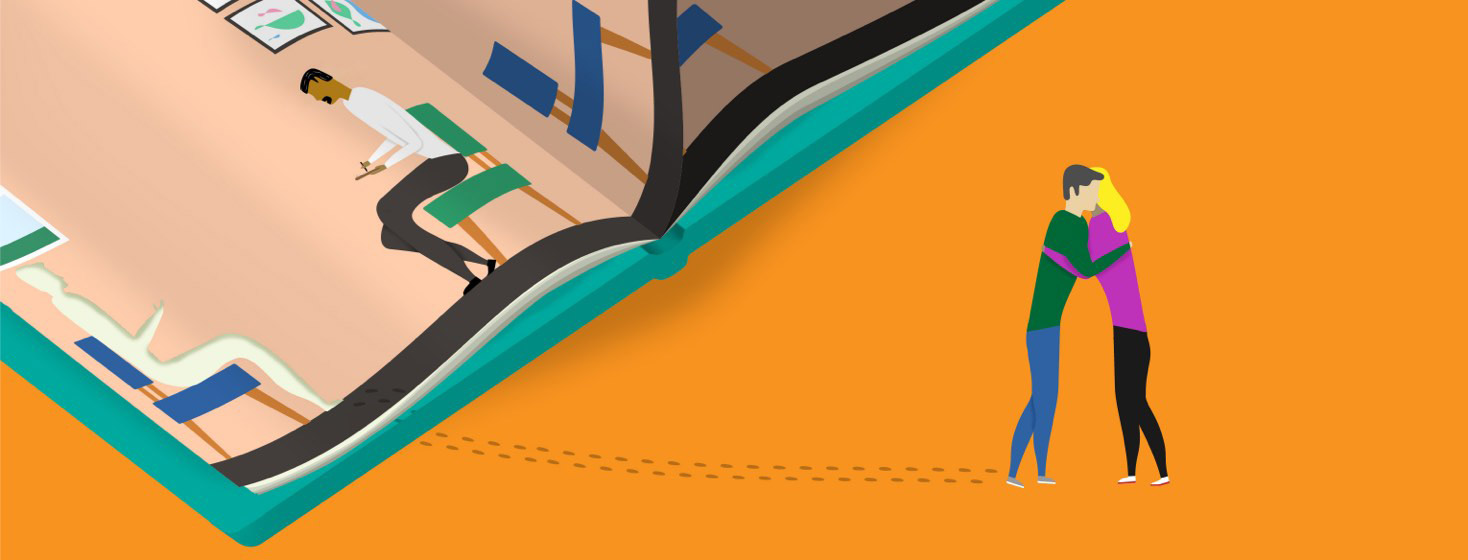Prostate Cancer: A Love Story (Part 1)
Growing closer
For most of us there is learning to deal with a new intimacy during treatment and after. Sadly, many relationships can fail at this point, as men feel inadequate or partners begin to feel left out and forgotten or rejected. Men feel less masculine and withdraw. There is hesitancy in being intimate.
Julie and I grew closer.
As I set out to write this article, I don't remember being shocked when my urologist told me and Julie that I had prostate cancer. I think I just needed to know “how bad.” Maybe the truth is that the memory got tucked away when everything became a blur of emotions, worry for Julie and questions.
Getting diagnosed
In February of 2019 I had gone to the urologist for slow urine flow. After the dreaded DRE, she said that she had found nodules on my prostate that may or may not be of concern, and that we should do a PSA retest in six months. The PSA showed accelerated increase over the six months; a red flag.
Julie was with me when my urologist told us the biopsy in October confirmed I had prostate cancer with Gleason 7 (3+4), and we began discussing treatment options. Between the PSA followup test and the biopsy, I had begun online research of prostate cancer and treatments. I had pretty much been living with the thought of cancer for those months, so maybe I was more prepared.
Making treatment decisions
My urologist referred us to a radiation oncologist for more information on treatment options. The oncologist suggested 28 sessions with the Varian TrueBeam and 6 months of ADT (hormone treatment, chemical castration). Radiation alone might be sufficient, but he recommended the ADT to make the cancer more vulnerable. A second oncologist suggested I would not need ADT.
ADT has a bad reputation because it can produce a range of uncomfortable side effects, some potentially lifelong. Both my urologist and the oncologist told me that my sexual function would take a hit.
Julie and I met again with the urologist to discuss ADT. I decided to include ADT in my treatment and had my first injection on the spot.

Join the conversation